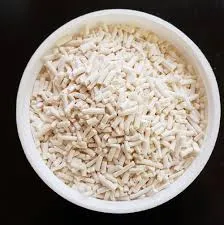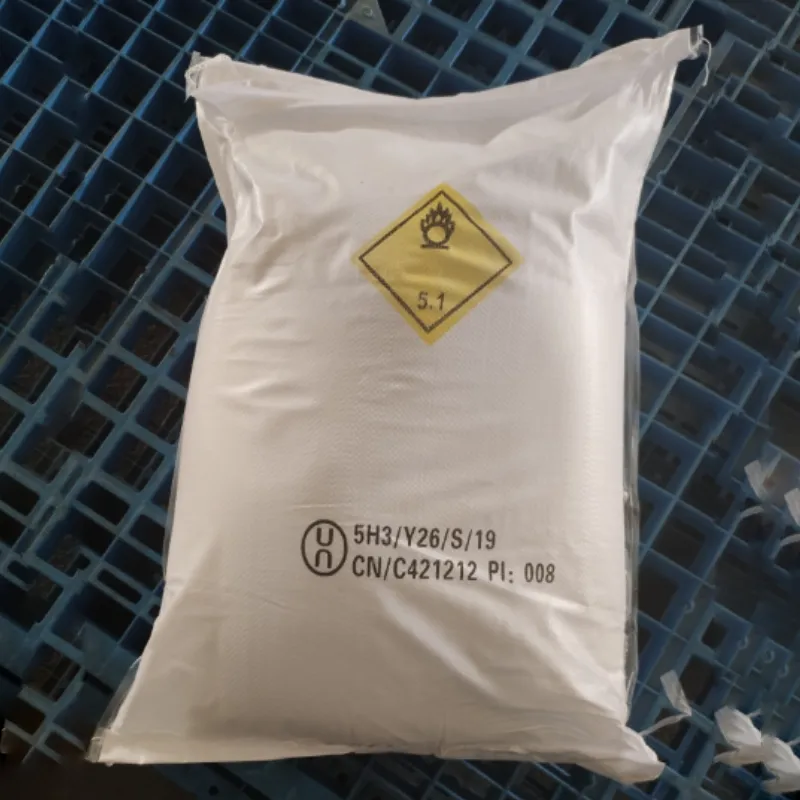3. Ondansetron Originally developed for humans undergoing chemotherapy, this medication is also effective in treating vomiting in dogs, particularly in post-operative situations or when the cause of vomiting is not fully understood.




